How the 2017 Tour de France was won
It was a close fought race all the way to the final time trial, but where did Chris Froome really make the difference to win the Tour de France?
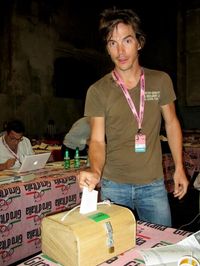
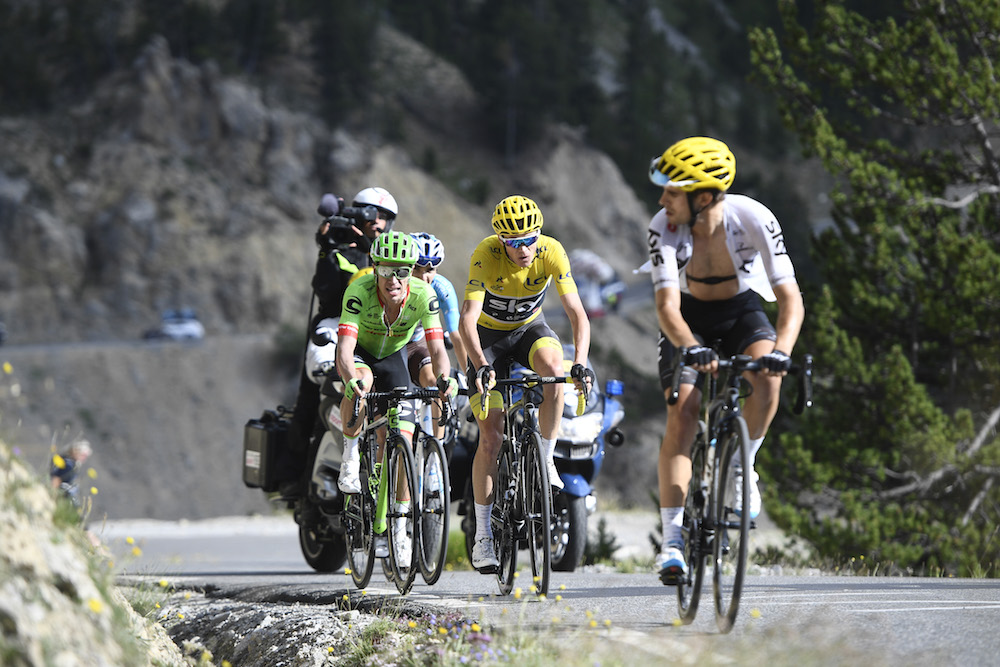
Chris Froome and Mikel Landa lead Rigoberto Uran and Romain Bardet on the Col d’Izoard in the 2017 Tour de France (Sunada)
The 2017 Tour de France’s close classification battle makes it difficult to understand where Chris Froome (Sky) made the winning master stroke.
>>> How good was the 2017 Tour de France? Riders and sports directors have their say
Froome, who gained 25 seconds on Rigoberto Urán (Cannondale-Drapac) in the 22.5-kilometre time trial in Marseille on Saturday, dealt small blows to his rivals instead of a decisive one.
"I think all this started in the opening time trial in Düsseldorf," Jim Ochowicz, manager for team BMC Racing told Cycling Weekly.
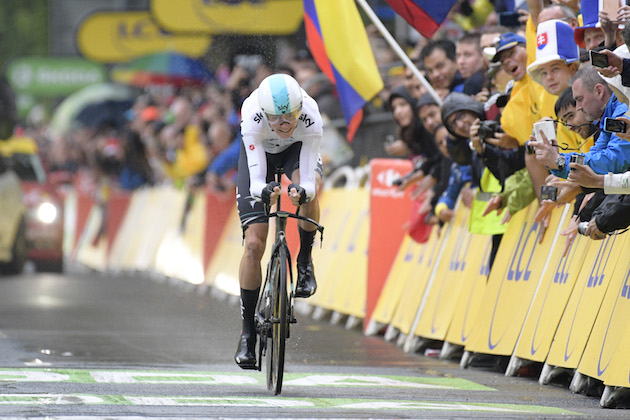
"We lost two classification contenders on the first day, Alejandro Valverde and Ion Izagirre, others lost time due to the weather. And those that survived disappeared later with [Jakob] Fuglsang and [Geraint] Thomas crashing."
Ochowicz’s star rider Richie Porte abandoned due to stage nine crash to Chambéry. The Tasmanian had begun the Tour as the favourite to take on Froome.
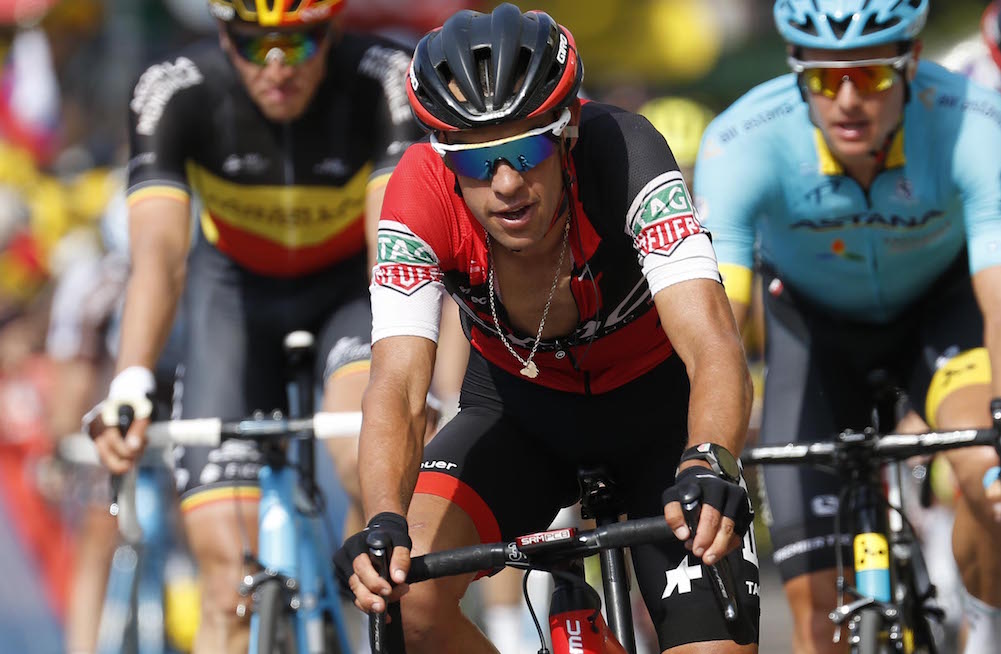
"The first time trial that Chris did [was the key point] because coming out of the Dauphiné, everyone had written him off," Sky boss David Brailsford said.
The latest race content, interviews, features, reviews and expert buying guides, direct to your inbox!
"Richie was the favourite coming in and people thought it wasn't going to happen for Chris, but we got such a confidence boost, the whole team, by putting four in the top-10. That was critical, a real confirmation that he was good."
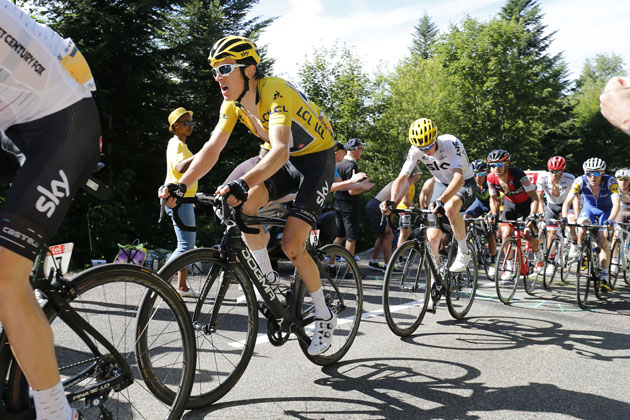
Team Sky's Geraint Thomas won the opening 14-kilometre time trial and carried the yellow jersey for four days.
Froome placed sixth and made a dent in the classification, putting 51 seconds into Urán who eventually finished second in Paris.
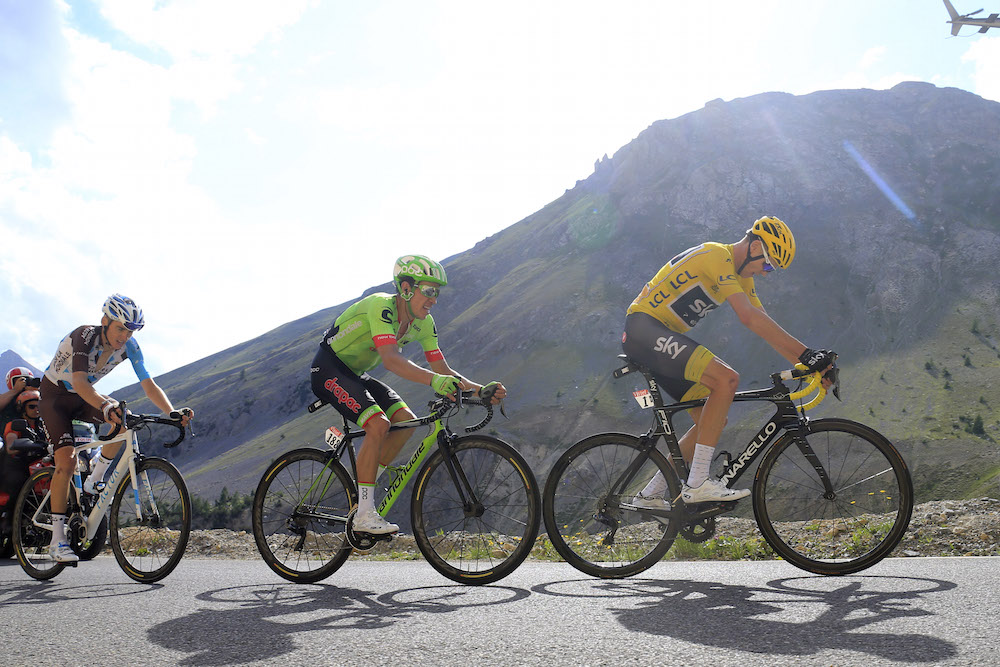
"It seems that the riders stick closer together on the big climbs then they did in the other years,” Ochowicz continued.
“The Tour was won and lost everyday in fights. You couldn't guarantee anything. Even on the stage to Rodez, when you thought you wouldn't see changes in the GC."
"The surprising thing was a day to Rodez, when we didn't expect the GC guys to lose time but yet some of them did," Dimension Data's performance director, Rolf Aldag explained.
"The day before, they were fighting like crazy to gain a second of two and then on a smaller uphill finish, they lose nearly half a minute."
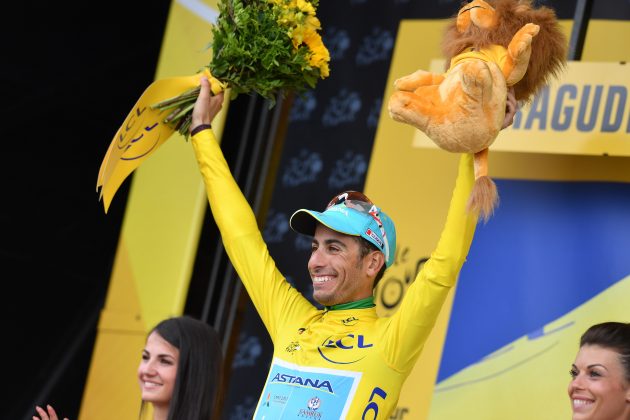
Fabio Aru (Astana) gained time with his stage five win to La Planche des Belles Filles. Froome lost time in the Peyragudes summit finish, but gained most of it back in a seemingly insignificant small uphill finish to Rodez.
"The time trials are always decisive, but if you see how close everything was," Quick-Step Floors sports director, Tom Steels said.
“It was just days of gains and losses, and everything came down to the final time trial.
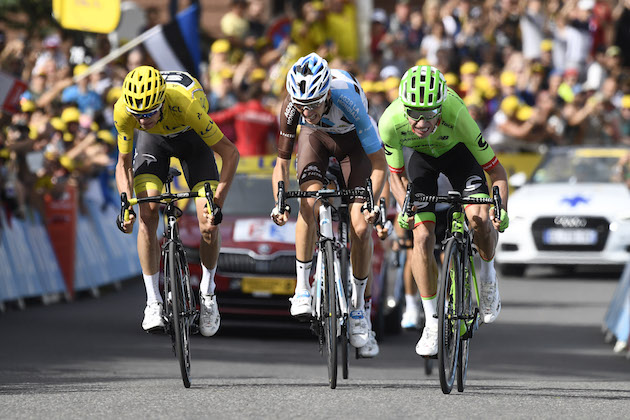
"I thought there was never a deciding day in the Alps. We just saw the small time changes here and there. The top three in the GC never made a mistake but they never made a big difference."
"The descent finishes didn't really make a difference," continued Aldag. "Bardet tried an attack to Chambéry but then was brought back right at the line. It was a super open Tour de France."
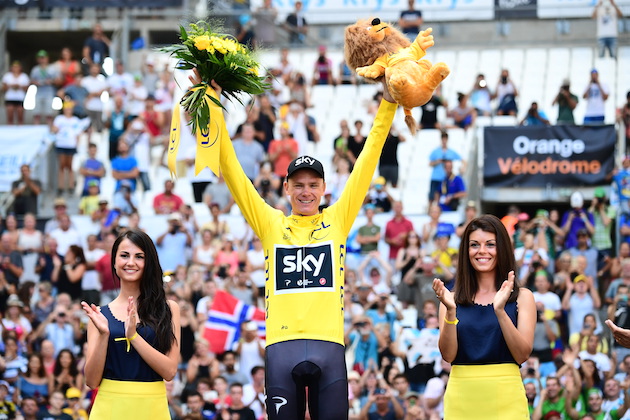
The tightly knit classification battle, the closest in 50 years, began to unravel. Aru cracked in the Alps and three – Froome, Urán and Bardet – remained within 29 seconds. Froome, however, widened the gaps in the Marseille and Bardet crumbled.
Gregor Brown is an experienced cycling journalist, based in Florence, Italy. He has covered races all over the world for over a decade - following the Giro, Tour de France, and every major race since 2006. His love of cycling began with freestyle and BMX, before the 1998 Tour de France led him to a deep appreciation of the road racing season.
